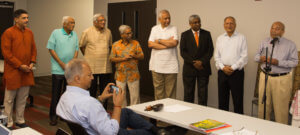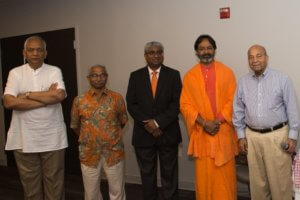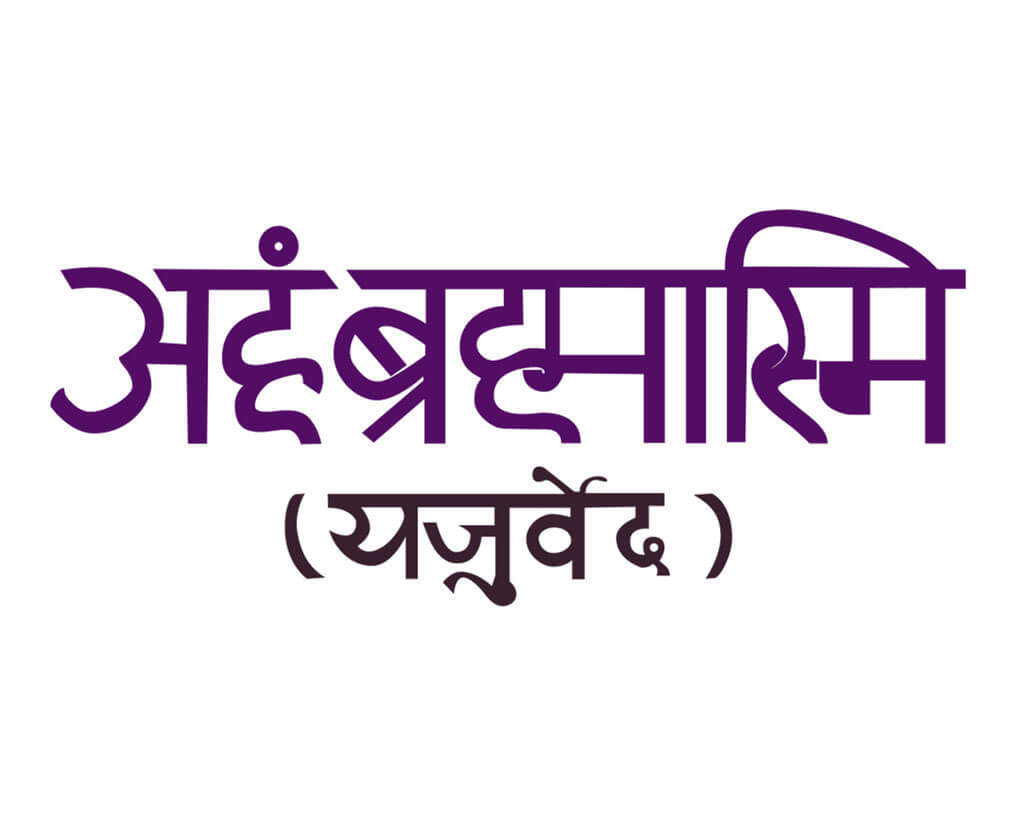
Latest Blog The Significance of Vijayadashami
Annual Giving Campaign - 2025-2026 is under way. Donate today by Clicking Here, and help us reach our goal.
So far $52,665 has been raised out of a target of $ 3 Million. Click Here to donate today and help us reach our goal.











